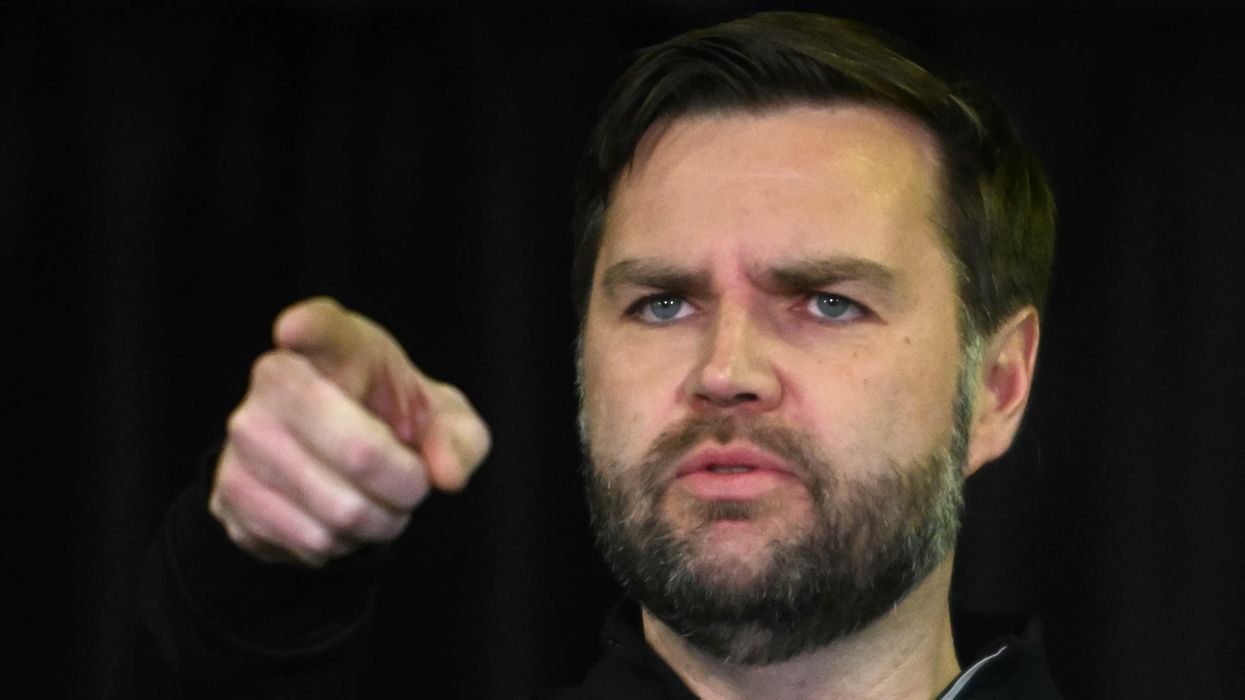US VICE-PRESIDENT JD Vance said there was a “good chance” the United States could reach a trade deal with the United Kingdom.
In an interview with the UnHerd website on Monday, Vance said the US was “certainly working very hard with Keir Starmer’s government”.
The comment comes after US president Donald Trump announced sweeping tariffs on 2 April, introducing a 10 per cent “baseline” tariff on all imports from countries including the UK and France.
The move triggered significant volatility in global stock markets and led to a major drop in the US stock market, with trillions of dollars wiped off its value. While some exemptions have since been announced, markets remain down on the month.
Vance said the US-UK trade deal might be easier to finalise than agreements with other European countries due to a “much more reciprocal relationship”. He pointed to Germany as a country that exports heavily to the US while being “pretty tough on a lot of American” exports.
UK government sources have said that recent trade discussions with the US are making good progress, with the deal expected to cover both goods and services beyond just tariffs.
Addressing financial markets, Vance said any new system would make them “jittery” and called Trump’s tariff approach “a long-term play”. He said the administration aimed to see “lower trade deficits, really across the board”.
Vance also commented on US-Europe relations, Ukraine, and Russia. He said, “It’s not in Europe’s interest, and it’s not in America’s interest, for Europe to be a permanent security vassal of the United States.”
On the war in Ukraine, he reiterated that understanding both sides was necessary to end the conflict. “That doesn’t mean you morally support the Russian cause,” Vance said, “but you do have to try to understand what are their strategic red lines.”





